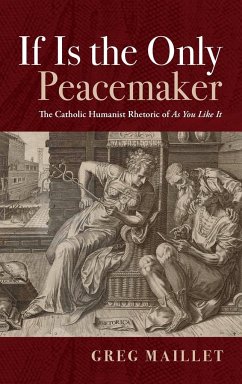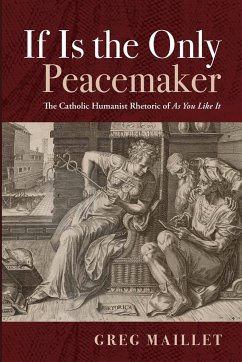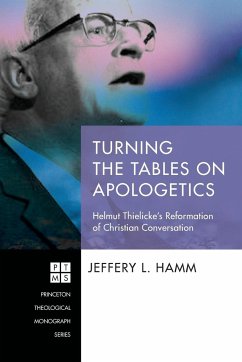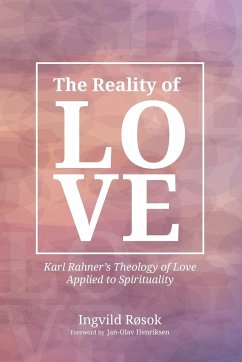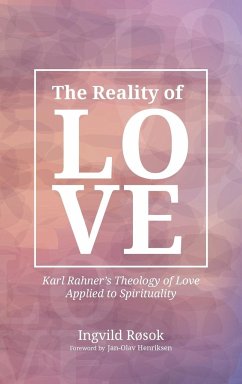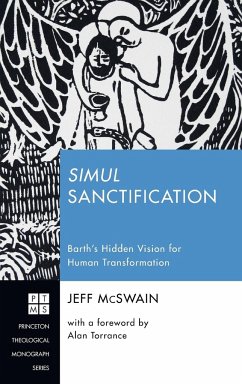If Is the Only Peacemaker explores the drama of Shakespeare through a cultural lens that can be shown to be central to the formation of this theatrical art: fourteenth- to sixteenth-century Catholic Humanism. Part I of this book traces this tradition through key figures in Medieval and Renaissance Humanism, including Dante, Chaucer, Erasmus, and Thomas More. The latter two, especially, convey Catholic Humanism to Shakespeare's England, and help to establish a rhetorical ideal: the union of eloquentia and sapientia, of wit and wisdom. Part II then closely reads one of Shakespeare's major comedies, As You Like It, through this ideal, finding in this play an outstanding example of the Catholic Humanist rhetoric central to Shakespeare's art. This part of the book also mingles rhetorical and performance criticism, citing six different productions of As You Like It.
Hinweis: Dieser Artikel kann nur an eine deutsche Lieferadresse ausgeliefert werden.
Hinweis: Dieser Artikel kann nur an eine deutsche Lieferadresse ausgeliefert werden.

